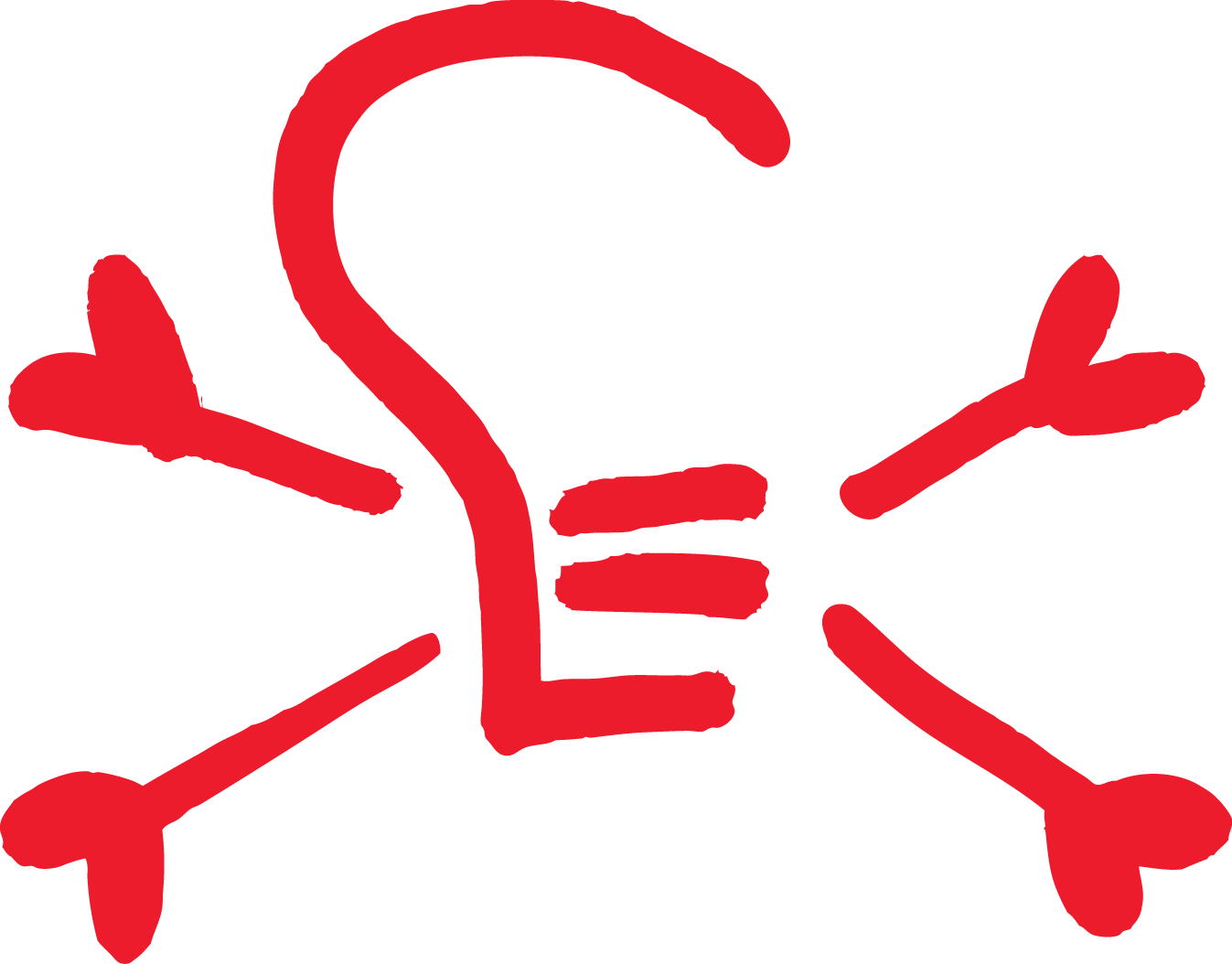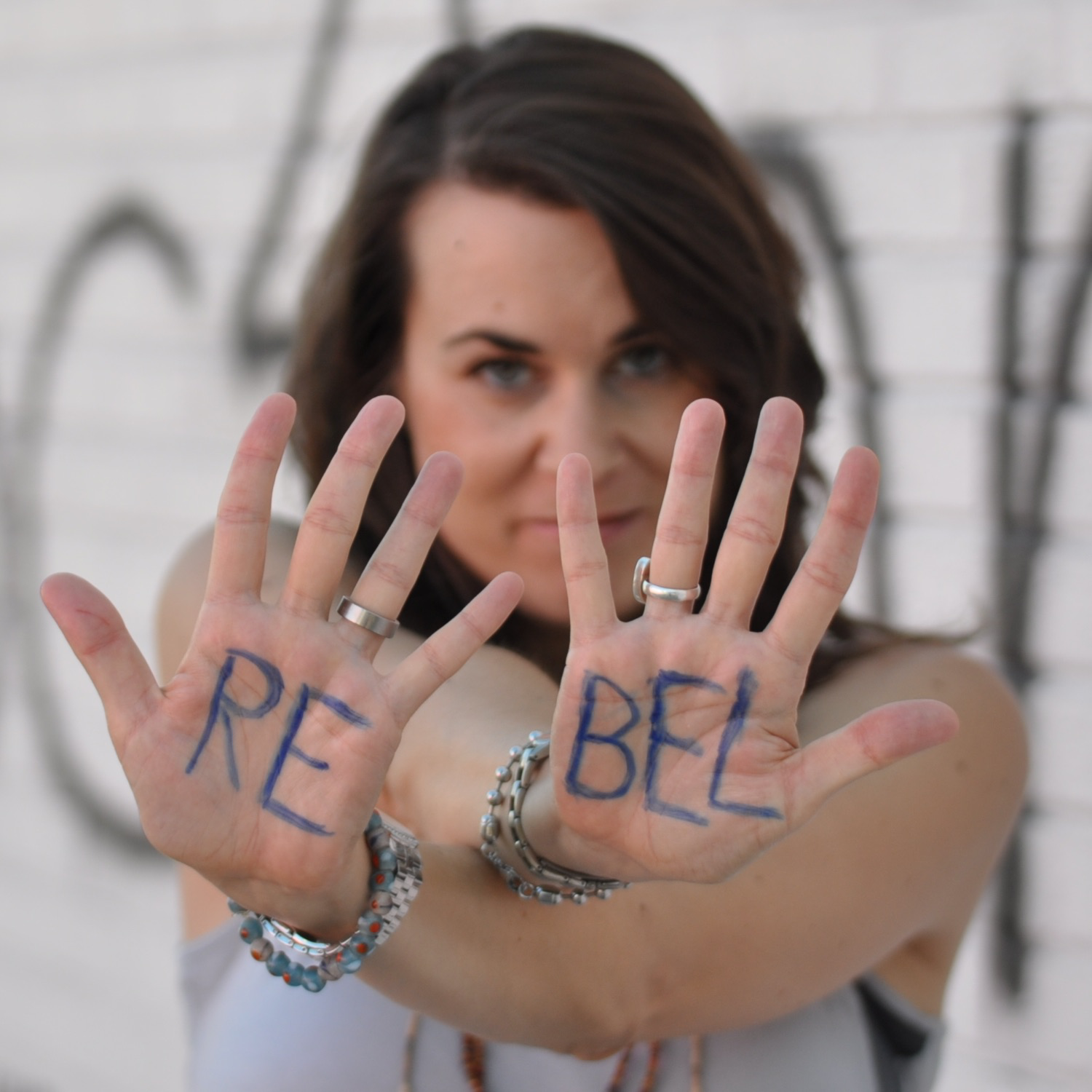Brands have the opportunity to promote social good while turning a profit. IKEA is one of those brands that has been making social responsibility and sustainability a part of their business aspirations.
As one of the leading home furnishing retailers with nearly 350 stores in more than 28 countries worldwide, over 783 million people visit IKEA every year. IKEA was founded in 1943 with the business philosophy to offer furniture and home accessories of good design and function at prices so low, the majority of people can afford them. Today, IKEA still stands by this founding philosophy and has added a social good component to it.
As I see it, the bigger your brand influence and the larger your ecological footprint the greater your responsibility to operate with a social and environmental conscience and set an example for the people who are buying from you. In the case of IKEA, the retailer is not only supporting social and green initiatives, it is also adding a strong voice to our current cultural conversations and taking a stand when it comes to acting with a corporate social responsibility.
Jesper Brodin: “The next thing is really how to integrate people into society.”
In a CNN interview on April 21, 2017 IKEA’s range & supply manager, Jesper Brodin, talked to reporter Kristie Lu Stout about a new project, where Syrian refugees will craft rugs and textiles for the Swedish furniture giant.
“After shelter and basic needs are taken care of, the next thing is really how to integrate people into society,” explained Brodin in the interview. For IKEA, this initiative goes beyond creating short-term jobs. It is a new way of doing business where partnerships are created with social entrepreneurs who can bring long-term and sustainable social change for vulnerable communities.
Continue to read below the video…
Blog post continued….
IKEA partners with Jordan River Foundation
For this latest project IKEA has partnered with the Jordan River Foundation with the goal to support Jordan’s journey in integrating refugees with locals in the labor market through creating jobs.
In a news release from February 10 the company outlined the collaboration, “A lot of people in the area are skilled craftspeople and their competence is something IKEA wants to build on. The business will therefore be within the textile and rugs segment including weaving, stitching and embroidery work. During spring 2017 we have been working together with Jordan River Foundation on the design process to identify and develop prototypes for the collection, this will be finalized end of June 2017.”
For IKEA this initiative is a win-win since “it provides a great deal of inspiration, knowledge and partnership with skilled artisans, while offering customers unique handicraft.” The products from Jordan will be available in selected IKEA stores during 2018, starting with IKEA Jordan and Kuwait.
IKEA Canada partners with Setsuné Indigenous Fashion Incubator
This is just one out of many initiatives by IKEA that integrate business with social good and social innovation. In Canada, for example, the retailer recently launched a partnership with Toronto-based Setsuné Indigenous Fashion Incubator to turn salvaged textiles into new, upcycled products. The handmade limited edition collection is called ÅTERSTÄLLA, which means to restore, heal, or redecorate in Swedish.
Sage Paul, co-founder of the Setsuné Indigenous Fashion Incubator, said in a joint news release: “Through our shared values, partnering with IKEA Canada helps to promote and sustain the voices and visibility of Indigenous women and the work we create. We are hopeful this partnership will grow Setsuné’s influence and make an even larger impact in Canadian arts circles.”
IKEA: One of Canada’s greenest employer
In Canada, IKEA has also been named one of Canada’s Greenest Employers for the ninth consecutive year by Mediacorp Canada Inc. The designation recognizes employers who lead the nation in creating a culture of environmental awareness in their organizations, incorporate sustainable business practices into their operations, and is a tool to attract new people to the organization.
In a news release from April 2017, IKEA Canada’s country HR manager, Stephen Bobko, said, “We have made bold commitments to be a leader for a sustainable future, but we also want our co-workers to be proud to work for an organization that is committed to tackling social and environmental challenges.” Clearly, IKEA’s commitment to contributing to a better future for all of us is an integral part of their corporate values and their brand. Let’s just hope more companies follow suit.

